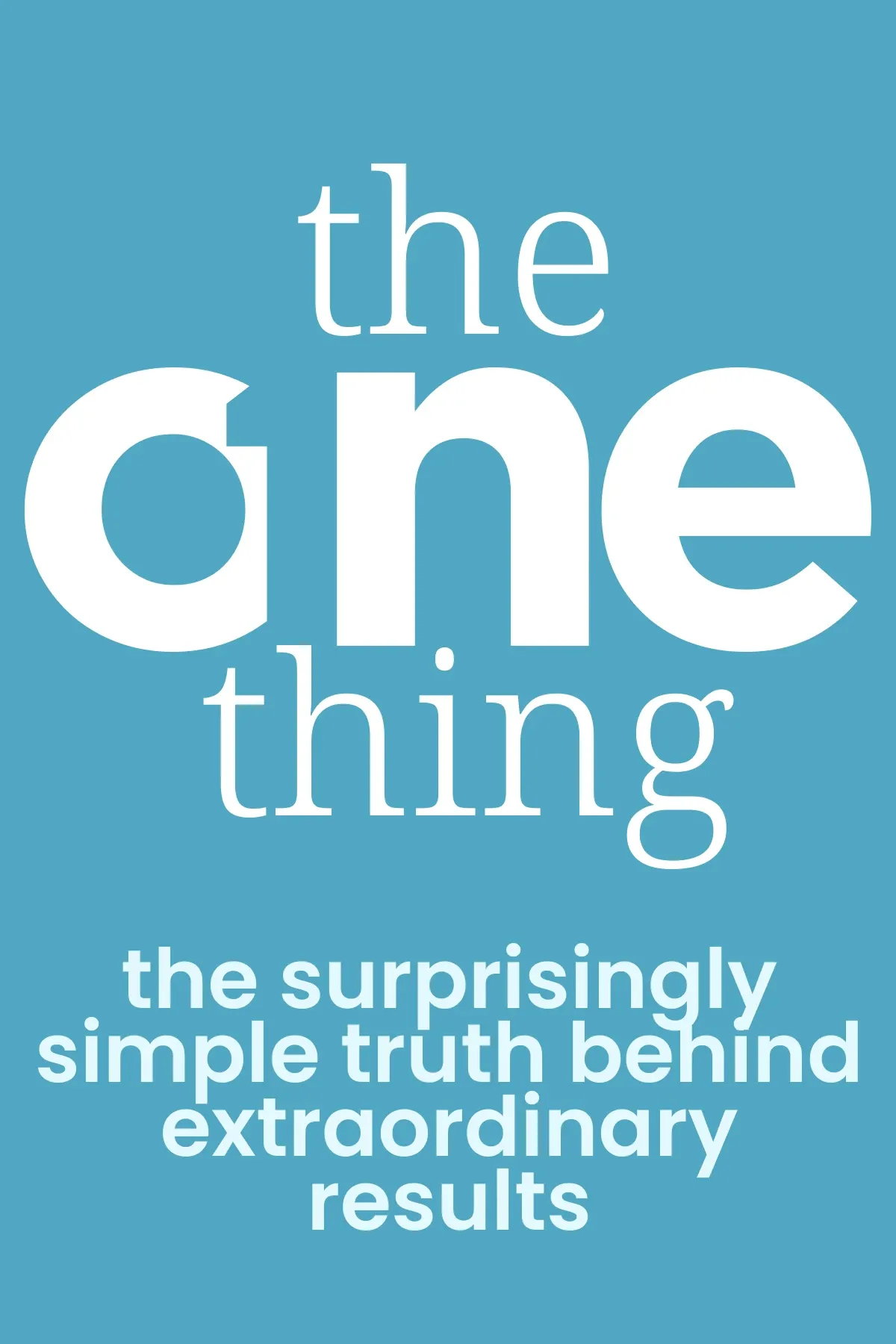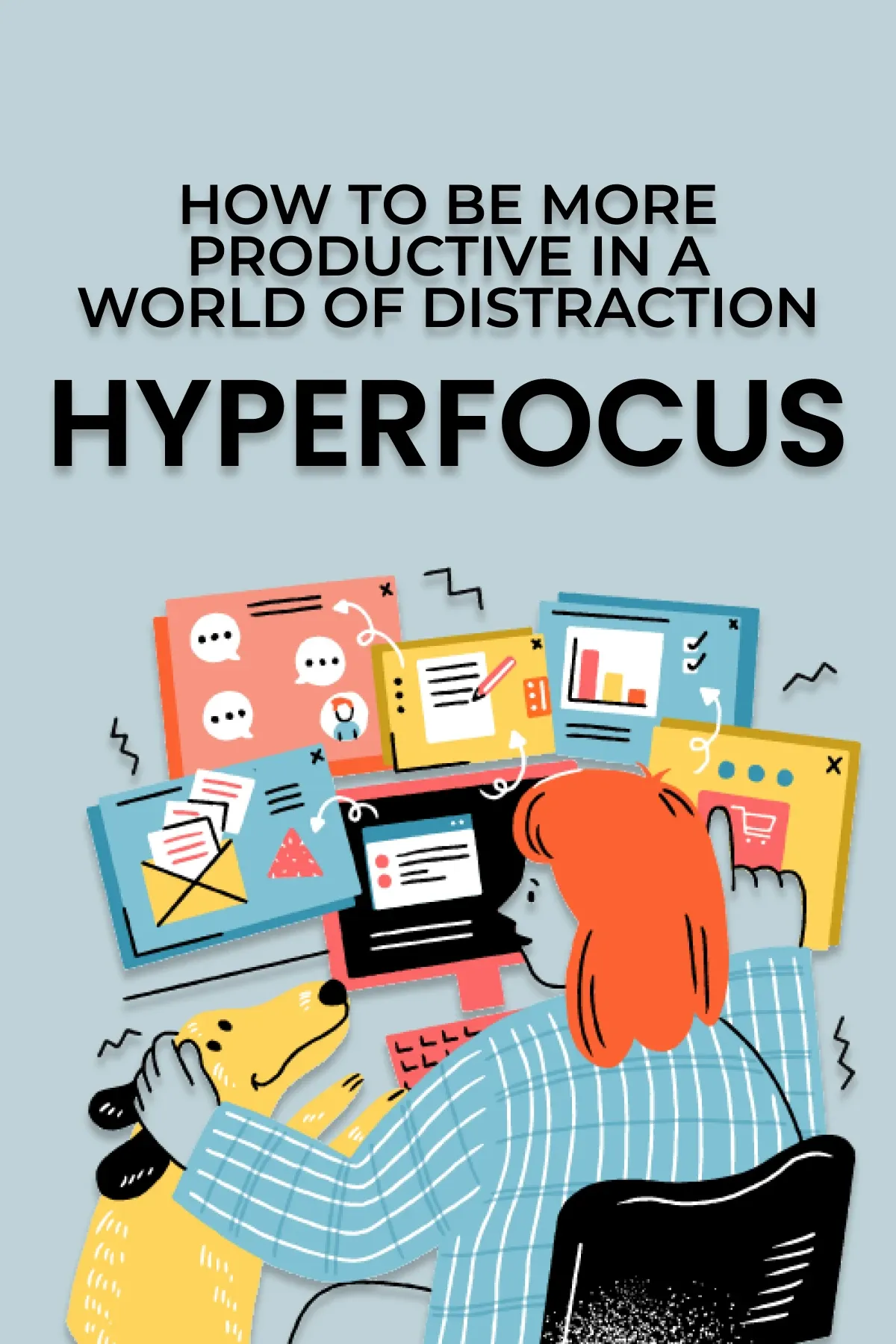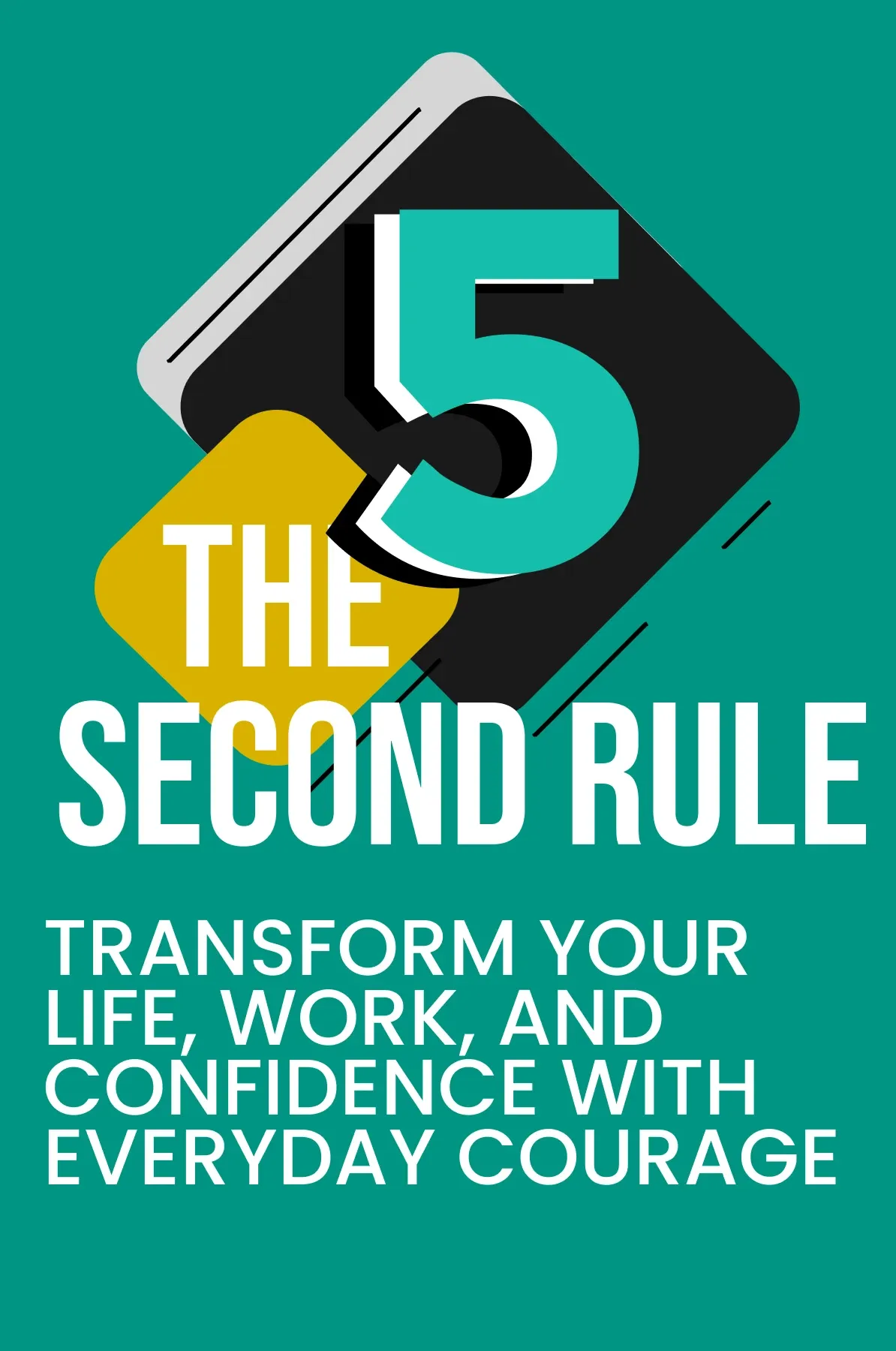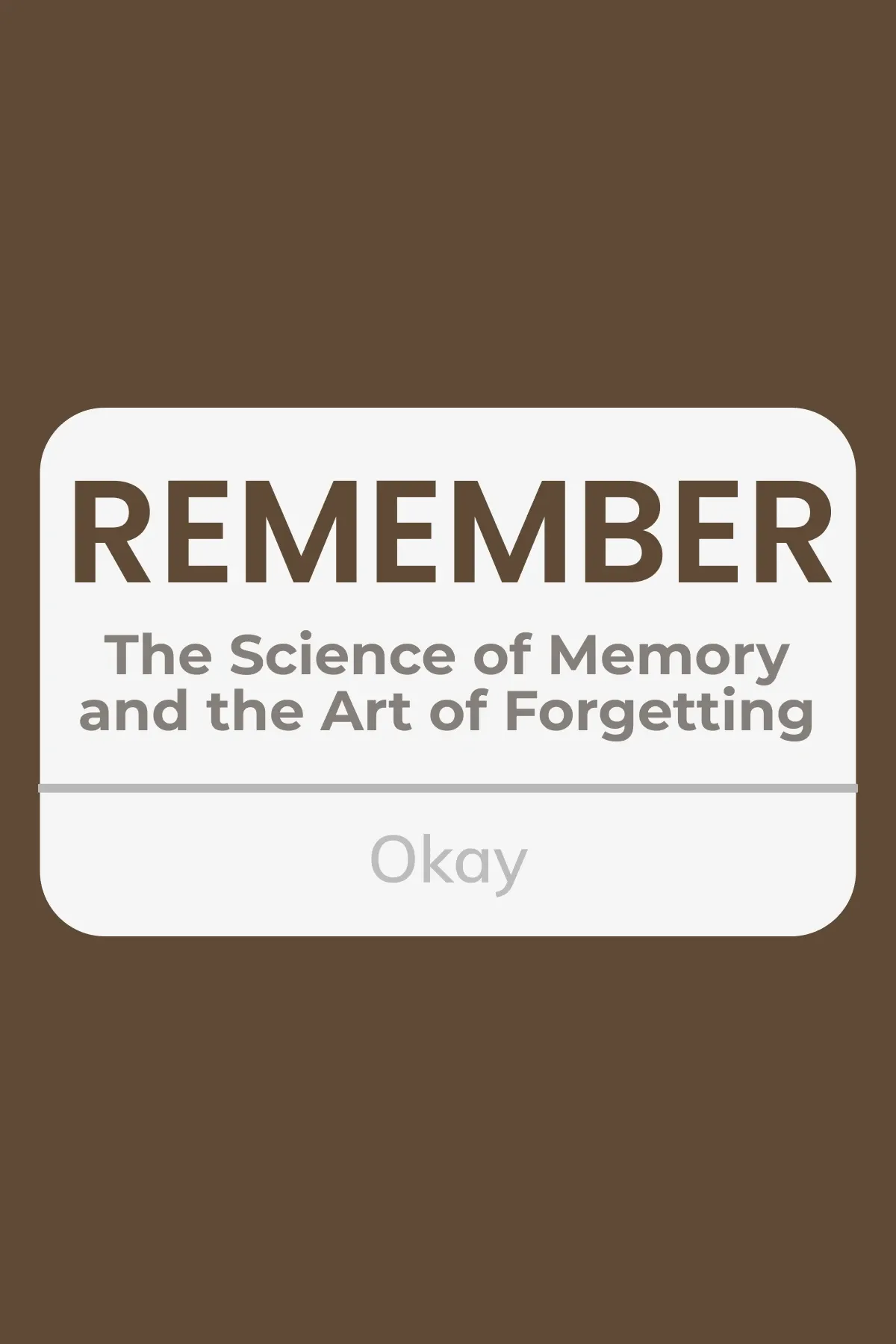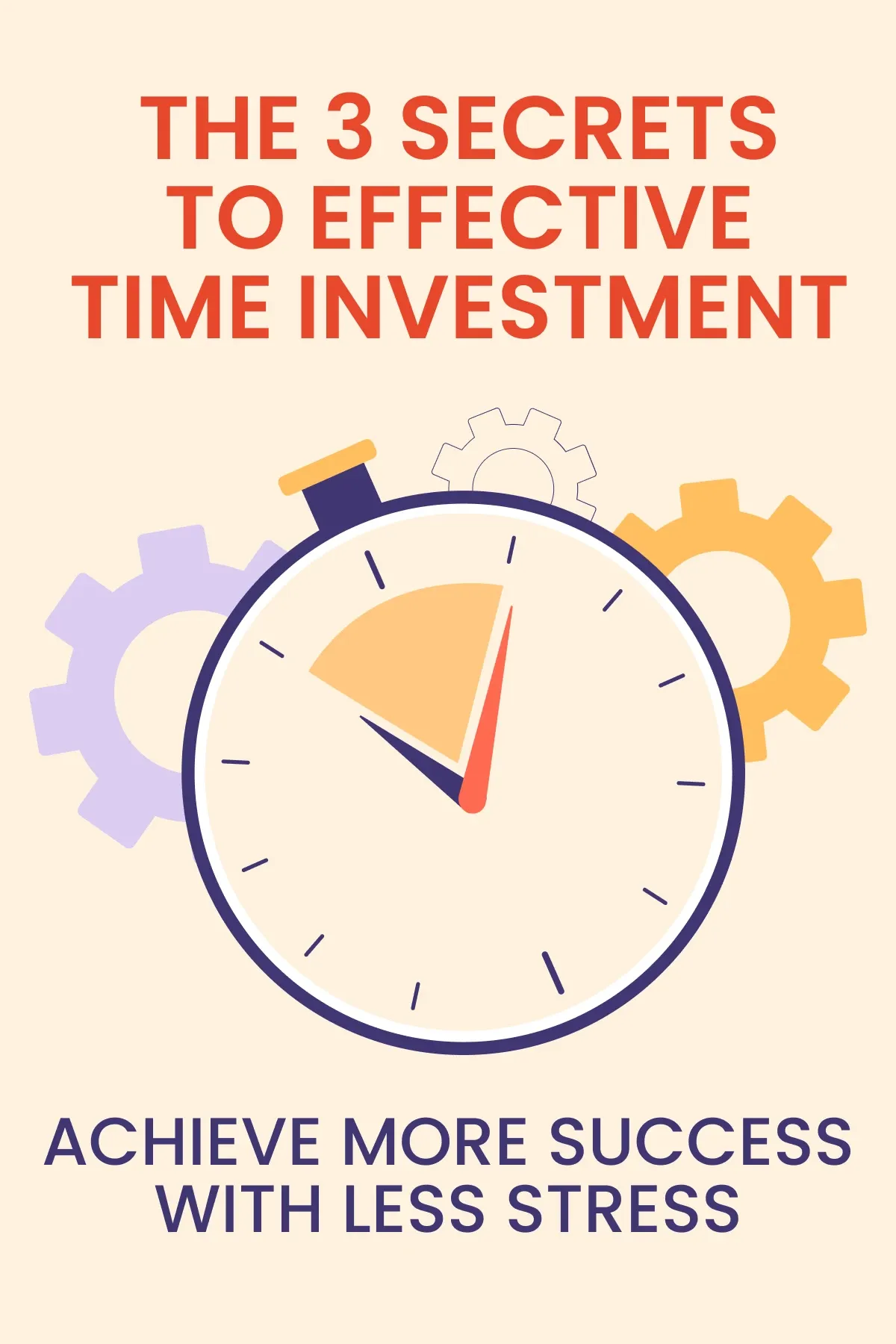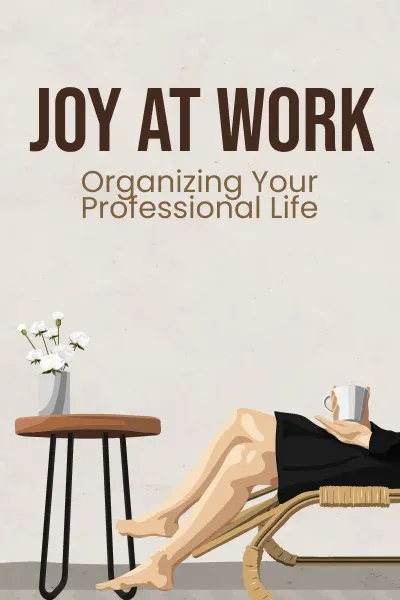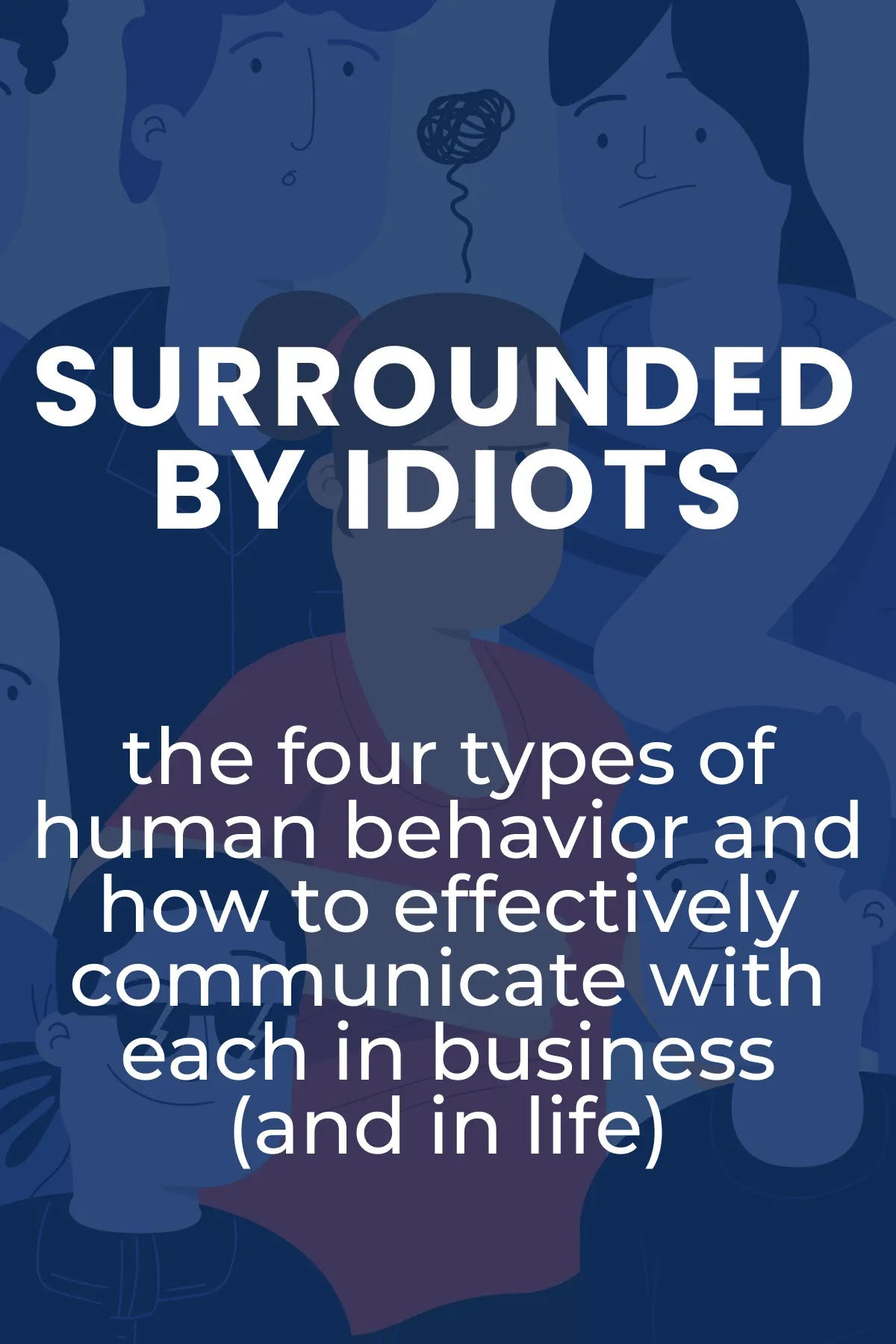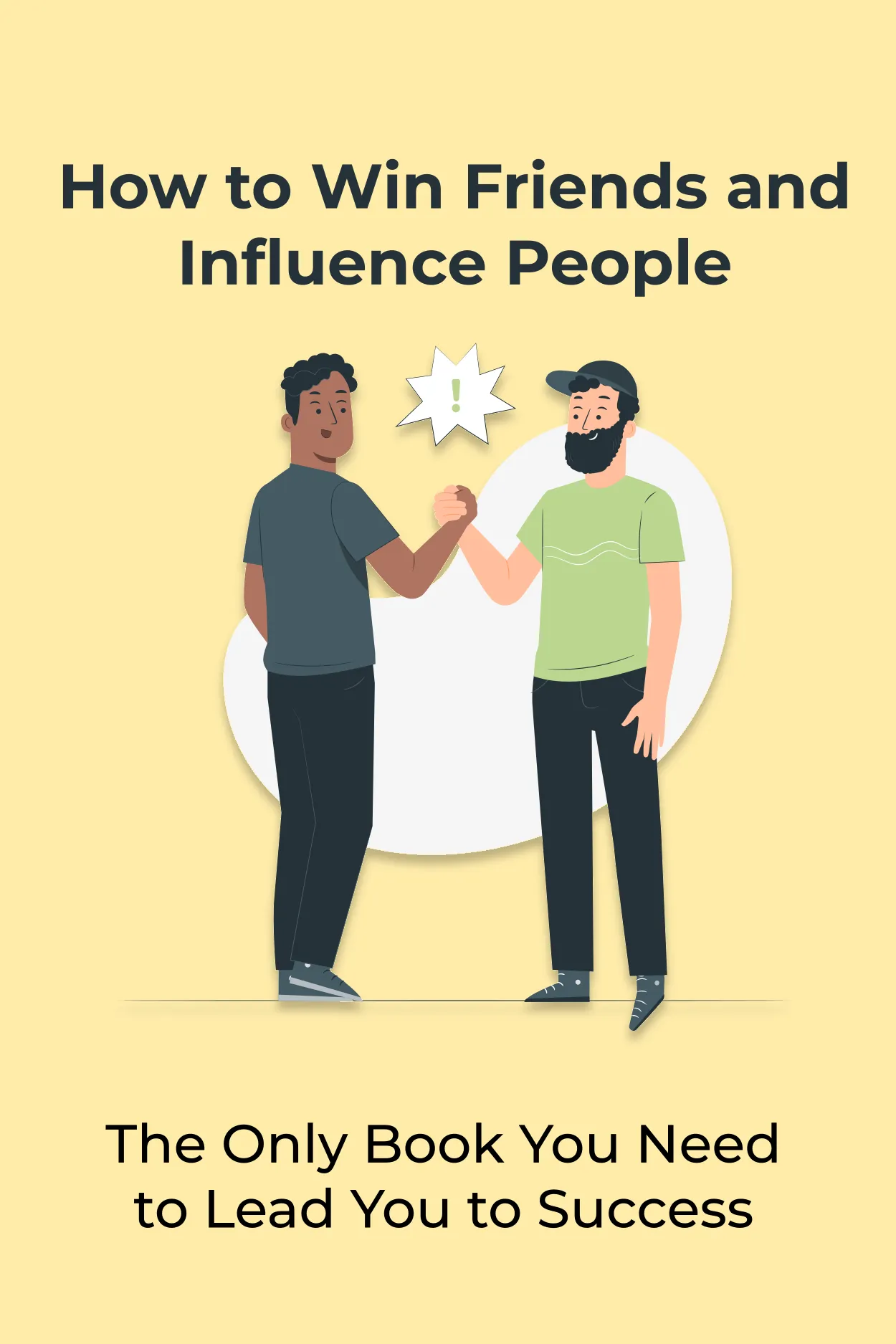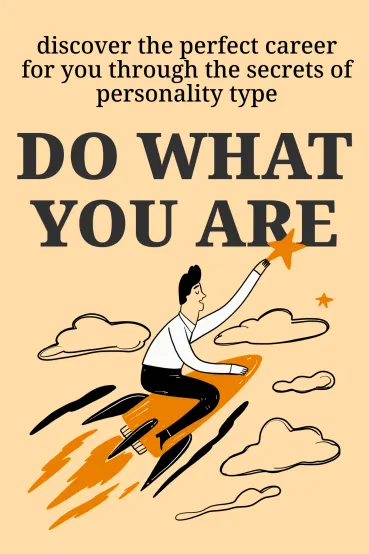
Do What You Are
Brief Summary
Ever wondered why some jobs just feel right while others don't? “Do What You Are” by Paul D. Tieger, using the Myers-Briggs Type Indicator, will help you find your ideal career. The book shows how understanding your personality type can unlock doors to your dream job. It has a lot of practical tips and easy exercises, which will help you match your strengths with the perfect career path.
Key points
Key idea 1 of 8
After some painful professional experience, Ellen, the author’s friend, thought she had finally found an ideal job. Everything was perfect until her colleague, whom she found boring, received a key assignment she wanted. Ellen had carefully evaluated her job before accepting it, believing it was the perfect fit for her skills and experience. However, she soon realized she wasn’t happy.
Ellen’s colleague was created for a quiet, focused environment. She enjoyed working alone for long hours. On the other hand, Ellen loved interacting with people, motivating her team, and attending meetings. Her job didn’t allow for these activities, making her unhappy despite her skills. Ellen had overlooked an important factor in her job search: her own personality. After recognizing this, she moved to a sales position within the same company. This role suited her better, and she began to succeed.
Finding the right job is crucial. Despite dreams of winning the lottery and living a life of luxury, most of us will spend many years working. If you spend decades in jobs you dislike, you are wasting a significant part of your life. This is unnecessary and sad, especially since a fulfilling career is within our reach.
An ideal job brings personal satisfaction because it aligns with your personality and strengths. But how can you tell if you’re in the right job? Here are some key indicators. If you look forward to going to work, feel energized most of the time, and believe your contributions are appreciated, then you are likely in a good place.
There isn’t one perfect job for everyone. Each person’s ideal job is unique to their preferences and strengths. When you use your preferred skills, it feels effortless and enjoyable. When you don’t, it feels tiring and difficult. The traditional approach to career counseling states that certain kinds of people are better at certain types of jobs. It emphasizes matching a person's abilities, interests, and values with their career. While these factors are crucial, this method does not consider all dimensions of personality.
As proved by Ellen, an often-overlooked factor is the level of social interaction required by a job. Some people are energized by being around many others, while some prefer smaller groups or working alone. This preference can significantly impact job satisfaction. Other important factors include how you process information, make decisions, and whether you prefer a structured or spontaneous work environment.
FAQ
You may also like these summaries


